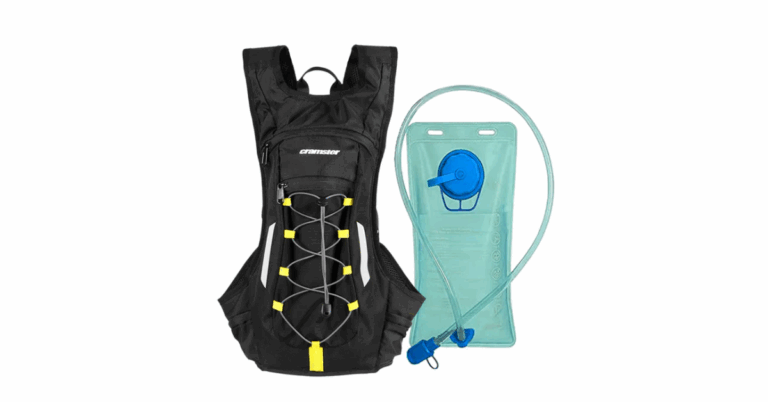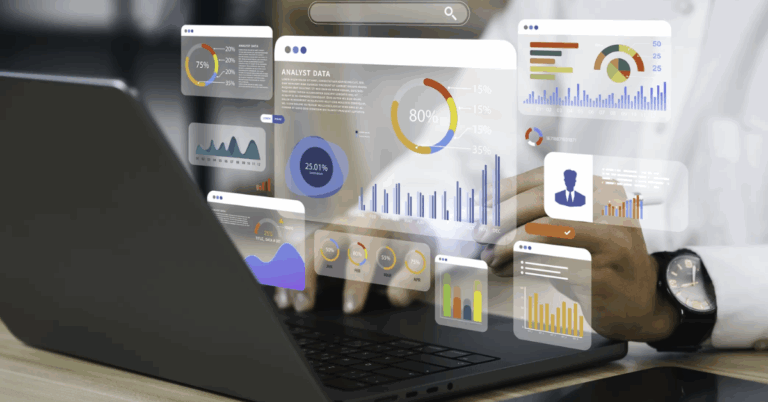Revolutionizing Student Engagement: Best CRM Software for Higher Education
Higher education is rapidly evolving. Institutions are no longer just centers of academic excellence—they’re also service providers expected to offer seamless experiences to students from the first inquiry to graduation and beyond. In this context, the Best CRM Software For Higher Education is more than just a digital tool—it’s an essential partner in delivering personalized, efficient, and data-driven experiences throughout the student journey.
A Customer Relationship Management (CRM) system tailored for higher education enables institutions to manage leads, streamline admissions, engage students, and foster alumni relationships—all from a single platform.
Why Higher Education Needs Specialized CRM Software
Universities, colleges, and education service providers face an increasingly competitive market. With more students exploring global opportunities and online education options, institutions must evolve to stay relevant. A traditional marketing and admissions approach is no longer enough. Here’s where CRM software makes the difference:
-
Centralizes student data across departments
-
Automates communication with prospects and enrolled students
-
Tracks admissions, engagement, and retention in real time
-
Supports targeted marketing campaigns
-
Boosts student satisfaction and success rates
Key Features of the Best CRM Software for Higher Education
The best CRM systems are built with the unique needs of higher education in mind. Here are the core features you should expect:
1. Lead Management and Tracking
Capture inquiries from multiple channels—web forms, emails, social media, walk-ins—and manage them efficiently. CRMs let you prioritize high-intent leads and assign them to the right admission counselor for timely follow-ups.
2. Automated Communication
CRM software can automate email and SMS messages to send reminders, admission updates, event invitations, and more. This ensures consistent communication without overloading the staff.
3. Admissions Workflow Automation
From document collection to interview scheduling and fee payment reminders, CRM platforms streamline the admissions process with transparency and speed.
4. Student Engagement Tools
Track student interactions and provide personalized responses, whether during onboarding, orientation, or academic counseling. Some CRMs even allow feedback collection to assess satisfaction levels.
5. Analytics and Reporting
Monitor campaign performance, counselor productivity, lead conversion rates, and dropout risks. These insights enable smarter decision-making.
6. Integration Capabilities
A top-tier CRM integrates with your Learning Management System (LMS), Student Information System (SIS), payment platforms, email marketing tools, and more—ensuring a seamless digital experience.
How CRM Supports the Entire Student Lifecycle
Inquiry and Outreach
From the moment a potential student expresses interest, CRM software starts tracking engagement, preferences, and follow-up responses. This helps nurture leads with customized communication.
Application and Admission
Automated reminders ensure timely submission of documents and forms. CRM also simplifies the review process by organizing applicant data for counselors and administrators.
Enrollment and Onboarding
Welcome messages, orientation schedules, and class registrations can be handled efficiently through automated workflows.
Student Support and Retention
CRMs help identify students who are disengaging or struggling academically. Timely intervention through counselors or academic staff can help improve retention.
Alumni Relations
Stay connected with alumni through newsletters, events, and fundraising campaigns—strengthening the institution’s community and brand.
Benefits of Using CRM Software in Higher Education
Improved Enrollment Rates
By streamlining admissions and enhancing engagement, CRMs increase the chances of converting inquiries into enrolled students.
Better Student Experience
Automated and timely communication builds trust, while personalized touchpoints make students feel supported.
Higher Staff Productivity
Counselors and admin teams can focus on student needs instead of being bogged down by repetitive manual tasks.
Data-Driven Strategies
Access to real-time analytics allows institutions to tweak campaigns, improve counselor efficiency, and better allocate resources.
Stronger Alumni Engagement
CRM helps manage long-term relationships with graduates, encouraging ongoing participation in events and giving programs.
Use Cases Across Institutions
Universities and Colleges
Universities use CRM to manage thousands of leads per intake cycle, schedule interviews, track scholarship applications, and analyze conversion ratios.
Business and Technical Schools
Such institutions often run aggressive marketing campaigns. CRMs help them analyze performance and track ROI.
Online Education Providers
With large-scale digital traffic, CRMs enable these institutions to track lead behavior, trigger marketing automation, and manage virtual student onboarding.
International Recruitment Agencies
CRMs help maintain communication with students across geographies, manage visa processes, and track overseas partnerships.
What to Look for When Choosing CRM Software
Selecting the best CRM software for higher education depends on a range of factors:
-
Scalability: Can it grow with your institution?
-
Customization: Does it adapt to your specific admission processes and student journey?
-
Ease of Use: Is it intuitive for both technical and non-technical users?
-
Support and Training: Are training resources and customer support easily accessible?
-
Security: Is student data stored securely and compliant with privacy standards?
Common Challenges Solved by CRM Systems
Inefficient Lead Follow-Up
CRMs ensure that no lead goes unnoticed, assigning tasks and sending reminders to counselors.
Low Enrollment Conversions
With better tracking, targeting, and engagement, institutions can significantly improve their conversion rates.
Disjointed Communication
Whether it’s marketing, admissions, or student support, all communication is centralized, ensuring consistency.
Lack of Visibility
Dashboards and reports provide full visibility into the admissions pipeline, student satisfaction, and campaign ROI.
The Future of CRM in Higher Education
As institutions continue to digitize their operations, CRM software will play a pivotal role in personalization and automation. The future will see AI-driven CRMs that can:
-
Predict student behavior
-
Suggest ideal course recommendations
-
Automate responses with chatbots
-
Trigger timely alerts for at-risk students
Institutions that invest early in CRM systems will enjoy a competitive advantage, improved reputation, and stronger student outcomes.
FAQs About Best CRM Software for Higher Education
What is CRM in higher education?
CRM (Customer Relationship Management) in higher education is a system that helps institutions manage relationships with prospective and current students, parents, and alumni—streamlining communication, tracking interactions, and improving the overall student experience.
Can CRM software integrate with other systems?
Yes, most modern CRM platforms offer seamless integration with Learning Management Systems (LMS), Student Information Systems (SIS), and marketing platforms like Mailchimp or Google Ads.
Is CRM software suitable for small colleges?
Absolutely. CRM systems are scalable, making them ideal for small institutions looking to improve enrollment and student engagement with limited resources.
How does CRM help in student retention?
CRMs track behavioral data and engagement metrics. Institutions can use this data to identify at-risk students and proactively offer support.
What departments benefit from CRM usage?
Marketing, admissions, counseling, student affairs, and alumni relations departments all benefit from the unified data and communication features offered by CRM systems.
Conclusion
The best CRM software for higher education is not just a tech tool—it’s a strategic asset. It empowers institutions to deliver personalized experiences, increase enrollment, support students more effectively, and build lasting relationships with alumni. As the education landscape becomes increasingly competitive, having a smart, integrated CRM system is no longer optional—it’s essential.
Whether you’re a university aiming to boost global enrollments or a small college improving local outreach, choosing the right CRM can elevate your institution’s performance across every stage of the student lifecycle.







